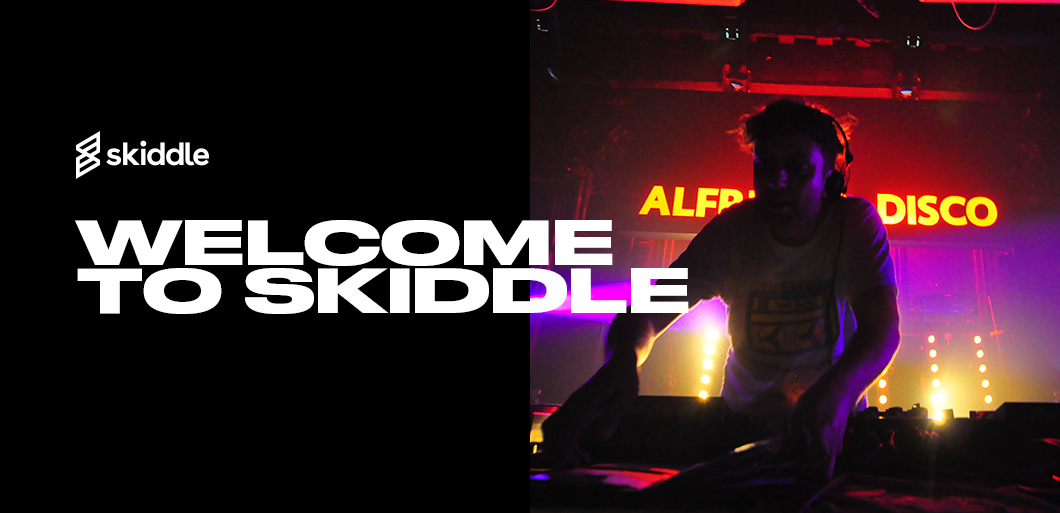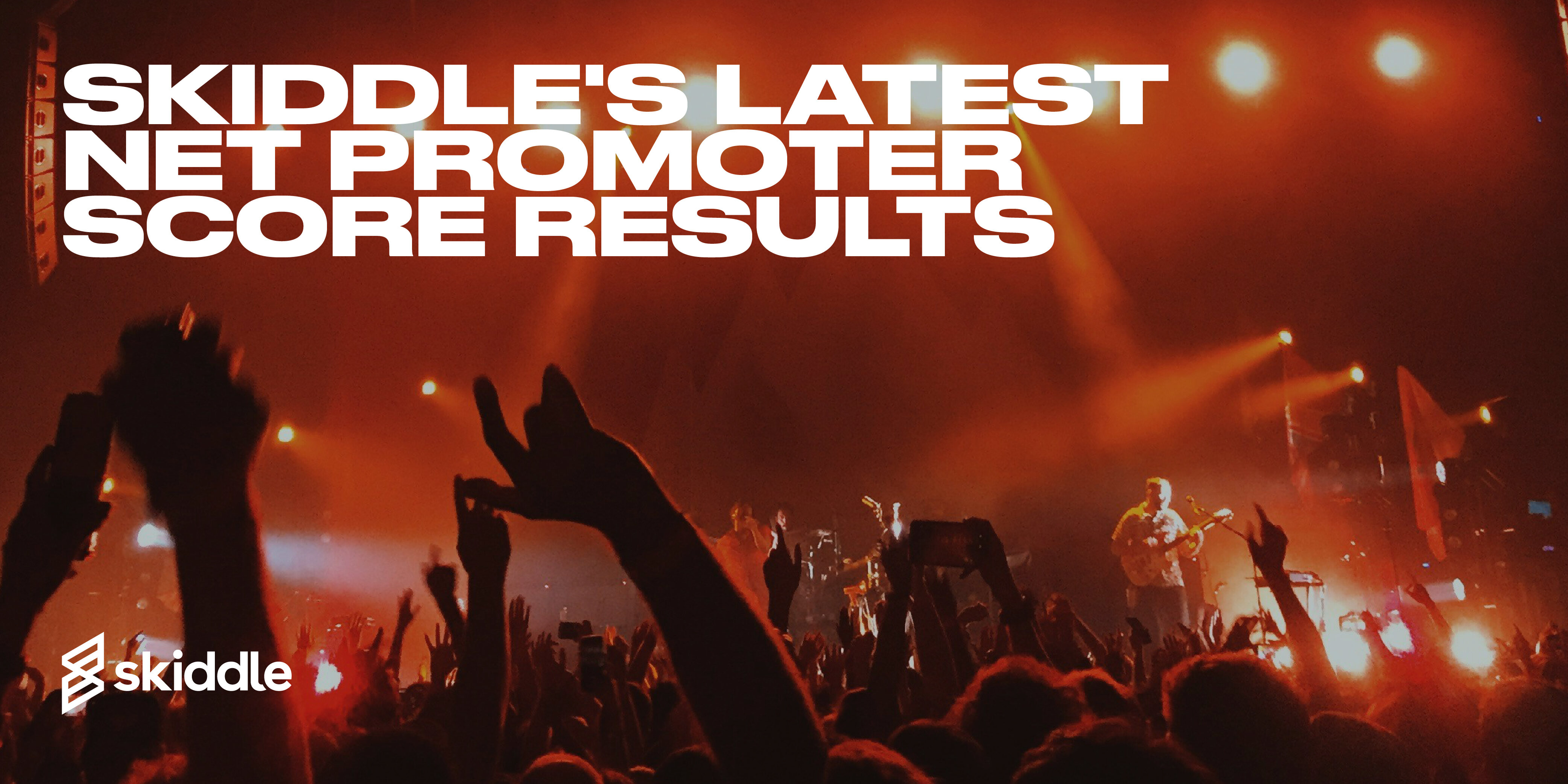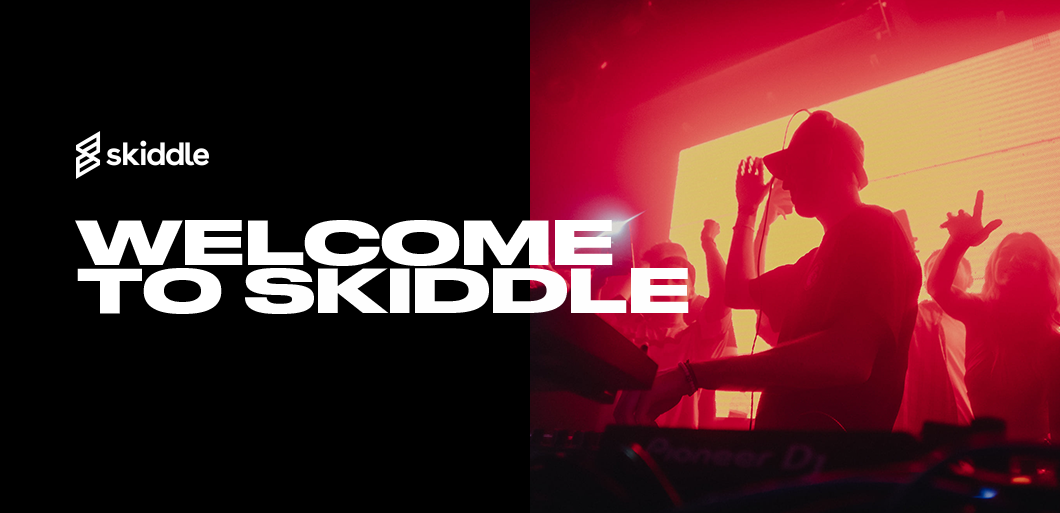- Behind the Scenes
How to organise and plan for a successful year of events in 2023
-
By Ryan Moss
- 08 Dec 2022
- 9 min read

What does success look like for event planning? In the general sense, it’s selling out your events and making money, delivering an unforgettable experience to your attendees. But getting to that stage requires hard work. The moving parts of your event — marketing, planning and booking — need to run smoothly too, and success here will lead to an increased chance of selling tickets and packing out venues.
The phrase ‘fail to plan, plan to fail’ might conjure up images of the humdrum maths lessons of your school days, but the sentiment still rings true. Planning effectively for the forthcoming year will serve you well in the long run. You’ll have a clear idea of what 2023 will look like, and you’ll be equipped to solve problems calmly. Creating the situation where you can be successful is half the battle.
New approaches can come from the event planning stage, too. It’s a chance to get the opinions of your team, and they might be sitting on some ideas that provide a spike in ticket sales and, ultimately, the success of your planned events. With all this in mind, we’ve compiled six ways to organise and plan for a successful year of events in 2023. Discover them below.
Analyse last year’s data
Data analysis can provide you with context on your event’s performance. Of course, you’ll have a gauge of how successful your night is, but there are things you might miss.
Spend some time with the data and look at what worked and didn’t work for you last year. For example, you might find that your email open rates are low and have room for improvement.

Similarly, you might spot a trend where certain paid ads aren’t reaching the type of people you want to target. If you use RapidScan, you can see entry data and find out if a particular entrance is busier than others.
Analysing data can give you a clear picture of how the moving parts of your event are working, but it can also encourage you to come up with new approaches when planning your event.
Set goals for the year
The data you’ve analysed from last year can help you set goals for this year. We spoke about email rates and paid ads in the previous section. If they were low, improving open rates and refining your targeting could be goals to set for the year.
Then, it’s about setting actionable ways of achieving your goals. You might attempt to improve open rates by improving the content and subject lines of your emails, using A/B testing to determine what resonates with customers.
You can revisit goals from last year that you didn’t manage to achieve. Look at why they didn’t work out and see if you can adapt them. Was there a prestigious act you wanted to host at your event? Try to make that happen this year.
Setting goals gives you ways to measure the success of your event. Ensure that you set them in line with the size of your event and make them specific. Achieving smaller goals along the way will make the big ones feel even sweeter.
Lay out your plan for the year
Once you’ve analysed your data and used it to set goals, begin to lay out a plan for the forthcoming year of events.
Reach out to booking agents and liaise with venues. You’ll have a clear idea of what each event will look like, and you’ll be able to find solutions to any problems that arise. Problem-solving is much easier when you can approach it calmly and with time.

Keep coming back to the plan, making revisions based on any problems you’ve solved or any new ideas generated along the way. Give out the necessary jobs to your teams and then begin to devise marketing strategies for your brand.
If you work with a big team, have each department analyse their respective data and bring them all together to report back their findings. Ask them for their input on what they feel could improve, and use that information to make changes to the overarching plan.
Formulate your marketing plans
Devising creative marketing plans and harnessing the power of social media can make a real difference to your event. It’s where you can attract new customers and retarget old ones, communicating your brand identity through various channels.
We previously mentioned data analysis. You can use the data from your previous marketing campaigns when devising next year’s ideas. Take a look at the figures, determine your best and worst-performing content and go from there. If a specific reel or Instagram post format has done well, make more of those posts.
Skiddle’s Promoter Blog has articles about using content marketing, and social media to help sell tickets. Click the links to view them and find information on guerrilla marketing, user-generated content and more.
Strengthen your network
Positive relationships with your networks — customers, performers, venues, staff and the press — are crucial to running a successful event. Find ways to strengthen your relationships with these people.
Is there a network of journalists who cover the genre of your event? Reach out to them and strike a deal. They get free tickets in exchange for a review of your event. If those journalists write for a national publication, you can use that review to leverage an external audience. This can lead to new customers and increased eyes on the event.

Connect with the local acts relevant to the genre of your event. If you like them, book them to open up for established acts or as residents. Some of these acts will inevitably be up-and-coming, so you’re keeping the scene healthy by giving them an outlet.
Booking fees for local acts will be cheaper than big, international names. If you’re planning a date that will take up a lot of your budget, run some resident-only nights with your local talent. The money saved can be used elsewhere, but if the acts are talented, you don’t lose anything because you’re still delivering an exciting night for your attendees.
Utilise event management software
Free and paid event management software can mitigate the stress of planning an event. It can streamline the planning process, integrating several solutions under one roof. If your team uses one piece of software for everything, it can make their jobs easier as they only have to learn one thing. The time and effort that would be spent learning multiple software can be used to better promote your events.
If you’re a small team, using software that helps you with one aspect of planning can allow you to maximise resources elsewhere. For example, having an eye-catching website is ideal, but not if you’ve spent a chunk of your budget on it and are unable to book high-quality acts. That’s where free website builders can come in handy. You’ll be able to put your budget where you need it the most.
Back in October, we took a look at a selection of event management software you can use. Click here to read the piece.
Got a question you need an answer to? Give us a call on 03333010301 or ask us a question over on the Skiddle Promoter Twitter account by clicking or tapping on the button below. Alternatively, you can also find a list of our most frequently asked questions over at https://help.promotioncentre.co.uk/
















